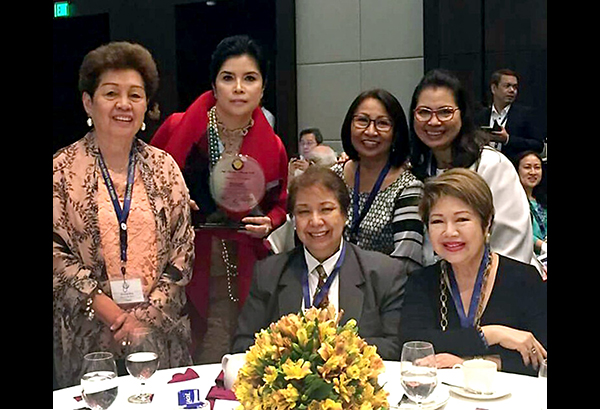Tough task for BOC chief
For President Duterte, one of the most difficult challenges he probably had to overcome was choosing the persons who were going to head what he considers the most corrupt agencies in government.
And so when he appointed Nicanor Faeldon, a retired captain of the Philippine Marines who gained attention as one of the alleged leaders of the Magdalo group which staged the Oakwood mutiny, as the new commissioner of the Bureau of Customs (BOC), a lot of people have discovered a new-found optimism that change is indeed coming, even to the corruption-plagued customs bureau.
After all, how can someone who decried alleged military corruption during the Arroyo administration and who is a self-proclaimed reformist not be trusted with reforming the BOC?
His appointment, however, could not be a source of envy. The President has been very vocal about his bid to put an end to corruption, tax evasion, and smuggling and he would be expecting Faeldon to produce immediate results.
And with the BOC being one of the country’s two biggest revenue collection agencies, the other one being the Bureau of Internal Revenue, Faeldon is also expected to improve collections, especially with plans to lower tax rates and to increase infrastructure spending to pump-prime the economy.
To put an end to corruption in the bureau, Faeldon has said he will appoint 20 Magdalo members to the BOC as he implements President Duterte’s order to rid the agency of corrupt officials. Earlier, the customs chief revealed that he plans to create a task force among employees who will be embedded in the different sensitive posts in the BOC to check whether there’s really existing corruption.
Another area that the Faeldon will be focusing on to boost revenue collection is smuggling, which according to the Department of Finance is costing the public coffers around P200 billion. Some of the recent cases of technical smuggling involve steel rebars from China and cement from Vietnam and China.
Aside from the uncollected taxes and duties, smuggling is hurting the local economy because by cheap and oftentimes substandard imported products enter the country and unfairly compete with locally made goods.
Rampant smuggling is said to be partly behind the lackluster performance of a number of sectors, such as the footwear and wearing apparel industry whose growth shrunk to a dismal – 3.4 percent in 2014, from an already weak 11.9 percent in 2013. The same is true for the chemical products industry, which fell from a strong 97.8 percent growth in 2013 to a mere 3.3 percent in 2014.
The country cannot stay a dumping ground for smuggled goods. Our country needs all the revenues that it can get if it wants to improve the lives of Filipinos through better social and economic services. Putting an end to smuggling will also serve as an incentive for local industries to compete on a level playing field.
If we as citizens want our tax rates to go down, then we should support efforts to stop smuggling. These smugglers are not only stealing revenues from us, they are also taking away the chance of many Filipinos at having a decent life. For how can our government afford to provide housing, health services, free education to the poor and needy if it doesn’t have the funds to provide these social services?
Not so hidden agenda
 FRIENDS FROM THE INDUSTRY: The 12th annual Rotary Club of Manila (RCM) Tourism Awards was recently held at the New World Hotel Makati ballroom, recognizing stakeholders who have contributed to tourism development in the country. Shown in photo is Pat Alberto (second from left, standing), president of Ark Travel and Tours, who received the RCM Travel and Tours Award category. Joining her are friends from the tourism industry – former Tourism regional director Dawnie Roa, former Tourism secretary Mina Gabor, former Philippine Tourism Board (PTB) official Stanie Soriano, Hotel Sales and Marketing Association (HSMA) president Margie Munsayac, and former hotelier Rose Libongco.
FRIENDS FROM THE INDUSTRY: The 12th annual Rotary Club of Manila (RCM) Tourism Awards was recently held at the New World Hotel Makati ballroom, recognizing stakeholders who have contributed to tourism development in the country. Shown in photo is Pat Alberto (second from left, standing), president of Ark Travel and Tours, who received the RCM Travel and Tours Award category. Joining her are friends from the tourism industry – former Tourism regional director Dawnie Roa, former Tourism secretary Mina Gabor, former Philippine Tourism Board (PTB) official Stanie Soriano, Hotel Sales and Marketing Association (HSMA) president Margie Munsayac, and former hotelier Rose Libongco.For comments, e-mail at [email protected]
- Latest
- Trending




























